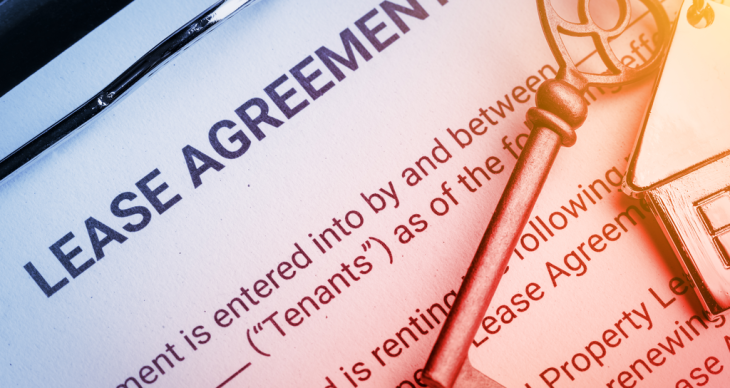Rental agreements for low-income housing can be confusing, but it’s important for all tenants to understand their rights. Renter’s rights refer to certain actions, policies and procedures that the tenant is entitled to. Landlords of low-income housing units are required to abide by laws that respect these rights.
Do you know your tenant rights as a renter? If the answer is no, you may be unaware of protections that are designed to help YOU. Learn all about these rights in the slides below.
Your rights as a low-income housing tenant vary depending on your state as well as the type of low-income housing unit you are renting. Generally, renter’s rights refer to the rights of all occupants in the unit.
When tenants sign rental agreements from landlords participating in federally assisted housing programs, they are agreeing to everything stated in the contract. Before signing anything, it’s important to fully read the lease agreement and know what you’re signing.
If you have already signed an agreement and are concerned about what you may have agreed to, don’t worry. Each state imposes its own landlord tenant act, which is a law that has more power than any rental agreements between landlords and tenants. In most states, this act protects renters from unfair evictions and entitles them to safe, sanitary and peaceful housing.
Although tenant rights vary by state, there are multiple important rights that most states make sure to provide. Here are four common but very important tenant rights that may help you:
- The right to fair housing – Landlords may not discriminate based on gender, race, religion, familial status, ethnicity or disability.
- The right to habitable housing – In nearly every state, tenant law entitles renters to a housing unit that is safe and sanitary.
- The right to privacy – Landlords are not permitted to enter the unit without advance warning or your consent, unless an emergency happens. States outline a timeline of how far in advance the notice must be given.
- The right to an affordable security deposit – Most states place limits on the amount of the security deposit that a landlord may ask for.
As a renter of low-income housing, you should be entitled to all these rights and more. Double-check your contract to make sure.
By Admin –
